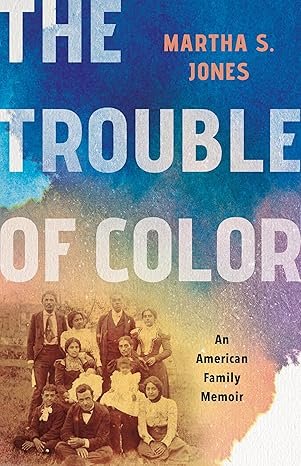 Image 1 of 2
Image 1 of 2

 Image 2 of 2
Image 2 of 2



Juneteenth
In Washington, D.C., in the 1950s, Adam Sunraider, a race-baiting senator from New England, is mortally wounded by an assassin’s bullet while making a speech on the Senate floor. To the shock of all who think they know him, Sunraider calls out from his deathbed for Alonzo Hickman, an old black minister, to be brought to his side. The reverend is summoned; the two are left alone. “Tell me what happened while there’s still time,” demands the dying Sunraider.
Out of their conversation, and the inner rhythms of memories whose weight has been borne in silence for many long years, a story emerges. Senator Sunraider, once known as Bliss, was raised by Reverend Hickman in a black community steeped in religion and music (not unlike Ralph Ellison’s own childhood home) and was brought up to be a preaching prodigy in a joyful black Baptist ministry that traveled throughout the South and the Southwest. Together one last time, the two men retrace the course of their shared life in an “anguished attempt,” Ellison once put it, “to arrive at the true shape and substance of a sundered past and its meaning.” In the end, the two men confront their most painful memories, memories that hold the key to understanding the mysteries of kinship and race that bind them, and to the senator’s confronting how deeply estranged he had become from his true identity.
In Juneteenth, Ralph Ellison evokes the rhythms of jazz and gospel and ordinary speech to tell a powerful tale of a prodigal son in the twentieth century. At the time of his death in 1994, Ellison was still expanding his novel in other directions, envisioning a grand, perhaps multivolume, story cycle. Always, in his mind, the character Hickman and the story of Sunraider’s life from birth to death were the dramatic heart of the narrative. And so, with the aid of Ellison’s widow, Fanny, his literary executor, John Callahan, has edited this magnificent novel at the center of Ralph Ellison’s forty-year work in progress—its author’s abiding testament to the country he so loved and to its many unfinished tasks.
In Washington, D.C., in the 1950s, Adam Sunraider, a race-baiting senator from New England, is mortally wounded by an assassin’s bullet while making a speech on the Senate floor. To the shock of all who think they know him, Sunraider calls out from his deathbed for Alonzo Hickman, an old black minister, to be brought to his side. The reverend is summoned; the two are left alone. “Tell me what happened while there’s still time,” demands the dying Sunraider.
Out of their conversation, and the inner rhythms of memories whose weight has been borne in silence for many long years, a story emerges. Senator Sunraider, once known as Bliss, was raised by Reverend Hickman in a black community steeped in religion and music (not unlike Ralph Ellison’s own childhood home) and was brought up to be a preaching prodigy in a joyful black Baptist ministry that traveled throughout the South and the Southwest. Together one last time, the two men retrace the course of their shared life in an “anguished attempt,” Ellison once put it, “to arrive at the true shape and substance of a sundered past and its meaning.” In the end, the two men confront their most painful memories, memories that hold the key to understanding the mysteries of kinship and race that bind them, and to the senator’s confronting how deeply estranged he had become from his true identity.
In Juneteenth, Ralph Ellison evokes the rhythms of jazz and gospel and ordinary speech to tell a powerful tale of a prodigal son in the twentieth century. At the time of his death in 1994, Ellison was still expanding his novel in other directions, envisioning a grand, perhaps multivolume, story cycle. Always, in his mind, the character Hickman and the story of Sunraider’s life from birth to death were the dramatic heart of the narrative. And so, with the aid of Ellison’s widow, Fanny, his literary executor, John Callahan, has edited this magnificent novel at the center of Ralph Ellison’s forty-year work in progress—its author’s abiding testament to the country he so loved and to its many unfinished tasks.
Publication Date: May 18 & 25, 2021
ISBN-10 : 0593242106
ISBN-13 : 978-0593242100
Author: Ralph Ellison
Publisher: Modern Library
Pages: 400






